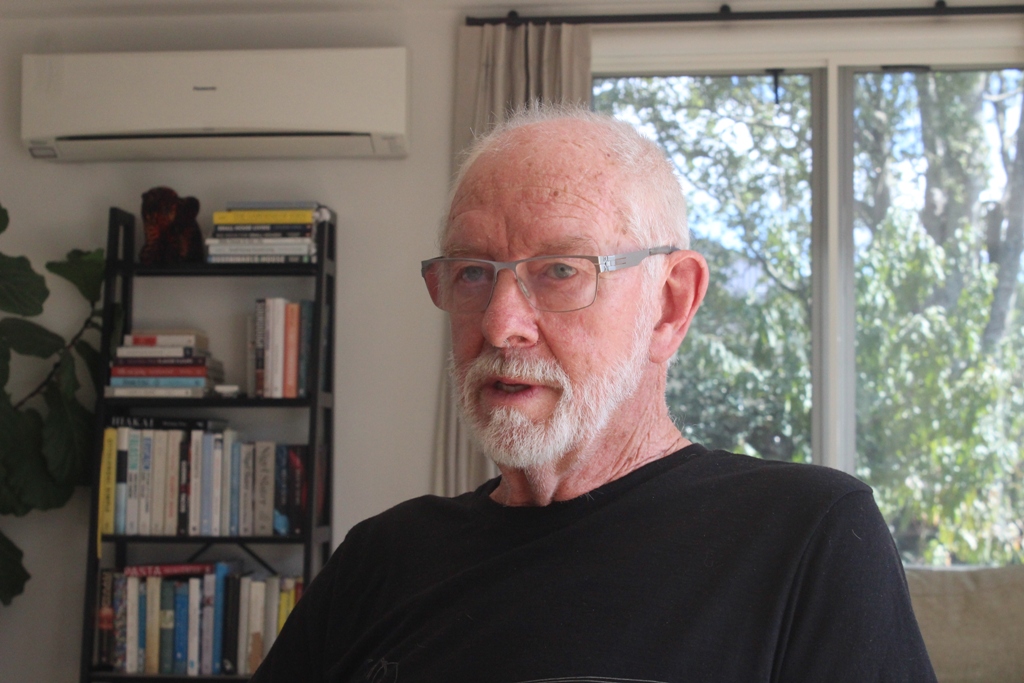
The centre-piece of this year’s Budget was the implementation of the tax cuts that National had ‘promised’ during last year’s election campaign. They did this by raising the three lowest tax brackets by about 11.5 per cent. This was a sensible and welcome move as these tax brackets had not been raised for 11 years.

Peter Nicholl
‘Bracket creep’, where even if a person’s income only increased in line with inflation, they moved into a higher tax bracket and paid more tax, had become a very real feature of the NZ tax system.
In the 11 years since these tax brackets were last raised, aggregate inflation has been 40 per cent in New Zealand. Governments should commit to raising these tax brackets on a regular basis In line with inflation in future to make sure this ‘bracket creep’ tax grab doesn’t happen again.
There was a lot of worried commentary in the media after the budget about the growth in the government debt levels forecast in the Budget. The debt/GDP ratio is forecast to peak at 43.5 per cent this year and then fall slightly to 41.8 per cent by 2027-28. Just last November (only 7 months ago) the Treasury had forecast that 2027-28 debt ratio would be 37.6 per cent.
The new forecasts reveal a rapid and large deterioration which is a concern. But even the latest forecast debt ratios of over 40% of GDP are not high by global standards.
However, global data is hard to interpret as some countries have extremely high debt ratios. For example, Japan sits at the top of this global list with a debt/GDP ratio of 262 per cent – that’s not a misprint. Singapore’s ratio is 160 per cent, USA 129 per cent, UK 97 per cent. Our neighbour, Australia, has a much more modest debt ratio of 36 per cent. I think they should be our role model in this area.
This year’s budget is expected to have a deficit of $11.1 billion. Next year’s budget deficit is forecast to be even higher at $13.4 billion, more than double the previous forecast.
Despite this, the forecast path optimistically has the budget coming back into a small surplus in 2028. Forecasting a return to a budget surplus is fine, even if it looks like wishful thinking. But the government needs to be careful not to turn a budget surplus in 2028 into another political ‘promise’. Nobody knows what the state of the New Zealand economy or the world economy will be over the next four years. There are plenty of headwinds and whirlpools out there.
New Zealand also has a huge infrastructure deficit that we are going to have to address. A budget surplus may not be what NZ needs in 2028. Governments need to retain fiscal flexibility.
The budget also forecasts inflation will fall back below the top of the Reserve Bank’s target range, which is three per cent, by the end of this year. The bank predicts the same thing. I doubt it will happen. A lot of people had thought the first reductions in Central Banks’ official interest rates would happen in May. They didn’t.
I think they are still some time away. Recent inflation data in both Australia and Germany revealed small increases rather than reductions in their inflation rates. In New Zealand, the news on things like local body rates, insurance premiums, some significant pay increases and tax cuts in the budget aren’t consistent with inflation falling back below three per cent by the end of this year.








